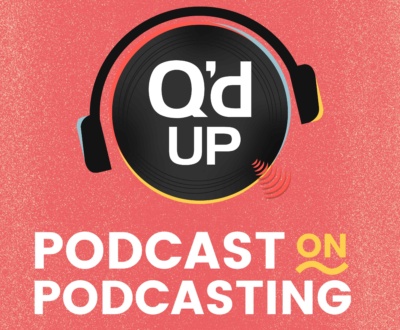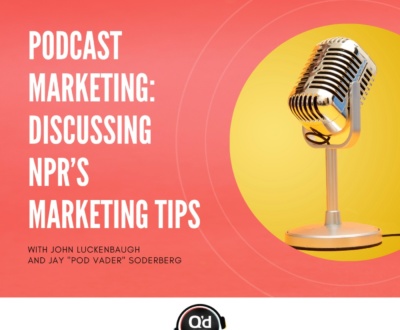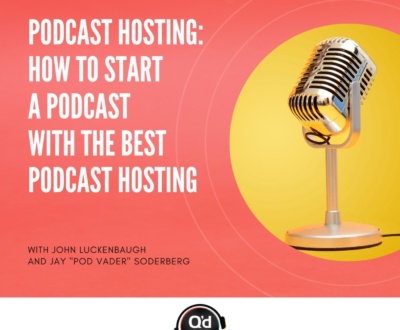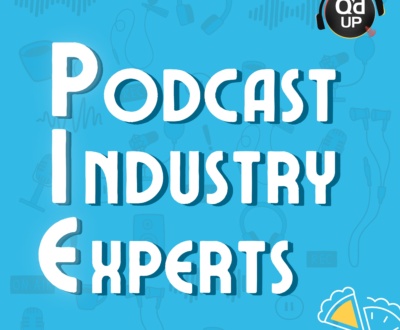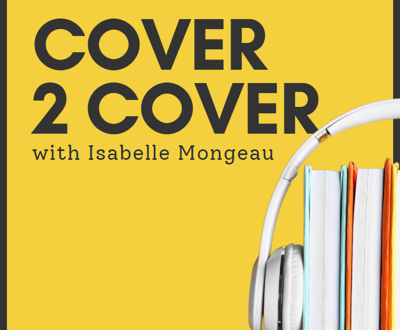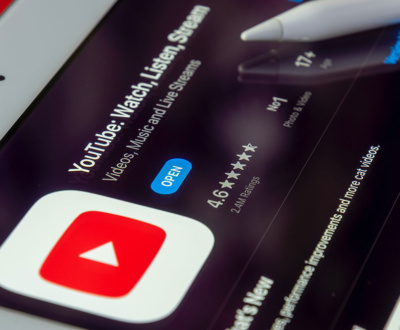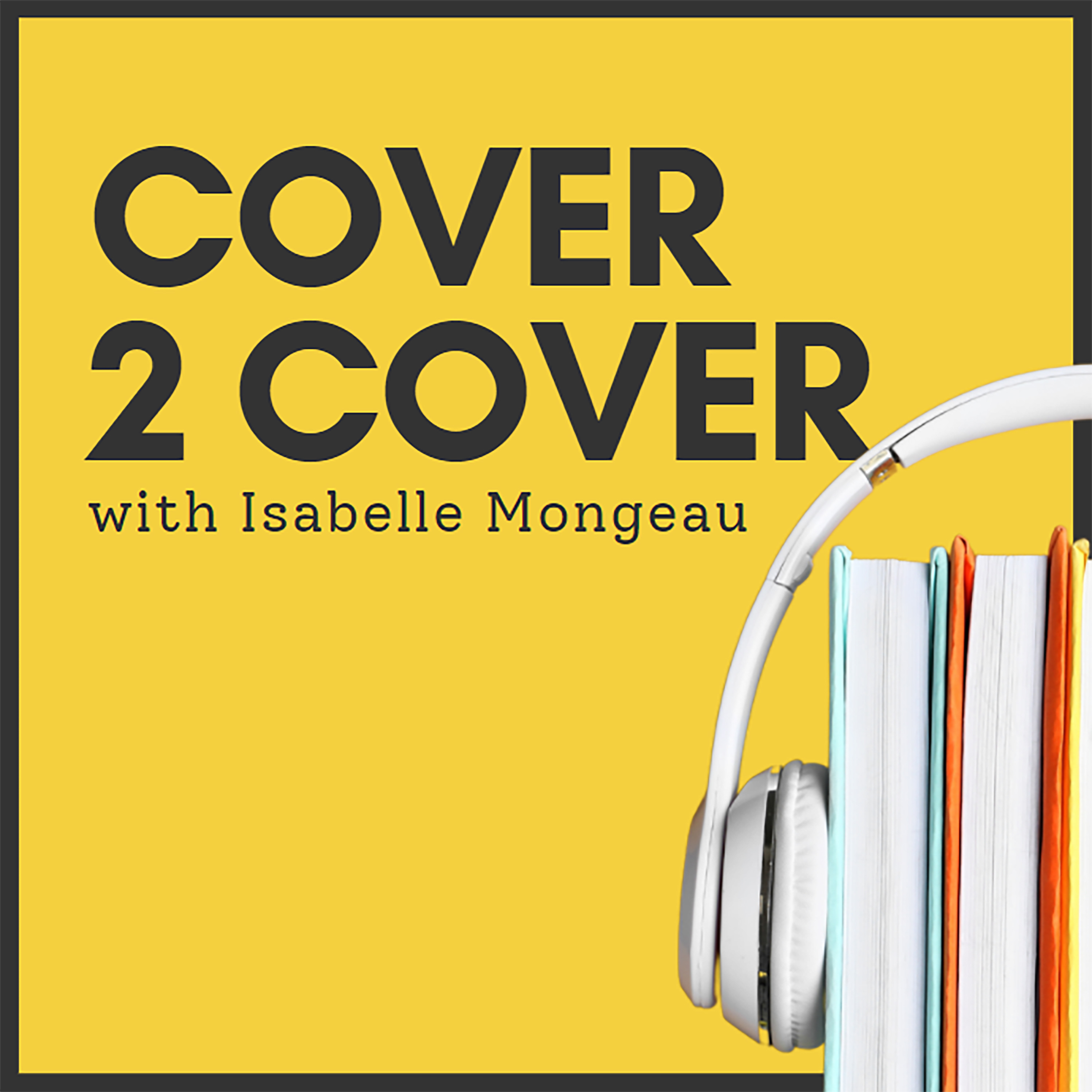
Your audiobook begins and potentially even ends with research. No matter what subject you’re covering or even how much expertise you have in that subject, a good book takes good research. That’s what we’re talking about on this episode of Cover 2 Cover.
Join host Isabelle Mongeau as she takes you through the importance of proper research, where you should start your researching journey, and even gives some examples of what good research looks like in a book. If you’re just beginning to write your first book, this is a must-listen episode that will put you on the right path to amazing content and a successful audiobook.
The importance of researching your audiobook:
Follow Q’d Up:
Listen to Cover 2 Cover:
Episode transcript:
You stare at the sentences in front of you. It reads:
— The families board the boat. The ship groans. It rolls onto its side. Many people drown in the Chicago River.
You blink. A chilling story and yet…
“What do you think?” your friend asks. David glances over your shoulder. He shifts his weight. “Do you like that opening?”
You re-read the words. You may still be a novice, but something is missing from this passage.
“What year is this?” you ask.
“1910s, I think.”
You blink again, your image of the ship altering completely. 1910s – that changes what the ship looks like, what the people look like.
“How many people drowned?” you say.
“I’m not sure.”
You put the paper down. There’s the problem. You can’t quite picture this scene because…well, there aren’t enough details. How quickly did the ship roll? How many people died?
“What is it?” Dave asks.
You grimace.
“I think you need to do some research.”
Hi and Welcome to Cover 2 Cover, a biweekly podcast that teaches you how to write, produce and market your audiobook. I’m your host, Isabelle Mongeau from Q’d Up Audio and today I want to talk about something extremely important to any form of writing: research.
Talk to any Q’d Up team member and they will tell you that research is the first and most important step you can take before starting an interview, script, blog and especially, book. In fact, for any of these projects, majority of your work will be doing research. And the more research you do, the easier it is to write.
Research accomplishes several things, all of them necessary.
First, a well-researched piece impacts your relationship with the audience. If you’re writing a whole book on a topic, you want to establish that you have the authority to do so. If your audience wants to learn about a subject and downloads an audiobook– how will they react when that book is poorly researched?
This brings me to my next point. Not only does research establish your authority on a topic, it also garners the trust of your audience. An audience looking to learn wants to learn from someone who is more knowledge than them. Hence, why they want to listen to your book.
If you don’t do your research, it will come through in the final product – and your audience will be able to tell. You’ll lose your authority on the topic and the trust your listeners place in you.
After all, why should they download your book if they can find the same information on Google?
Secondly, research improves your content. It can even improve the research that goes into your research. Before I go further down the research-ception, I want to clarify.
If, for example, you’re incorporating interviews or another expert’s ideas, you will want to do research on that person before you sit down with them. Not only will this enhance your understanding of the interviewee, it will also allow you to ask better questions and follow ups.
Researching your topic can also help alleviate writer’s block. If you’re stuck in the middle of your book, you may need to do more research. I have found that a kernel of new information can sometimes blow open an entire book. It can take you off track – and onto a better one.
If your audience listens to your book for your ideas and opinions, they still need to backed be researched. If you can show the data, science, experience, or examples that have led you to certain conclusions, then your audience may land more steadily on those conclusions as well.
If you’re writing nonfiction, the more research the better. In fact, it’s difficult to have too much research, as there will always be a group of people who want to delve deeply into a topic. So, wouldn’t you rather be intense than incompetent?
There’s a knock on your door. You get up from the kitchen table and peer out the window. David – with papers in his hand. You let him in and Muffin bounces over to your friend, rubbing against his leg and purring.
“What’s up?” you ask.
He hands you his paper. You begin to read the opening out loud:
— The families board the boat. The ship groans. It rolls onto its side. Many people drown in the–
“Not that one,” he says. “Read the one below.”
You start.
— July 24th, 1915.
The sun glints off the Chicago River. Families board the SS Eastland, picnic baskets in hand. Hundreds slip below deck to escape the unusually cool July morning. The ship groans and leans to the port side as over 3,000 people cram onto it. Within fifteen minutes, the vessel will tip over and sink to the river bottom. Trapped below deck, 844 passengers will perish – only yards from the Warf.
“Wow,” you say. “This is so much better.”
He looks to you.
“I did my research.”
So, you’ve decided to do some research on your topic. Where do you start? What should you look into?
First, you can look to your own experiences. If you’ve interacted with hundreds of clients, patients, students, or interviewees, you’ve spent years building expertise. You’ve noticed patterns or behaviors that add to your knowledge. So, never be afraid to look to your own records, writings, or examples to establish your authority.
However, you also want to draw on sources outside of yourself to strengthen the argument. Maybe there is data, trends or studies that support your argument. While you don’t want to data-dump on your audience, showing the numbers behind the ideas is a great way solidify your points.
Research may also look like interviewing other experts in your field, or experts in related fields. Interviews are a great way to draw on insight from alternative places, fortify your own theories, or offer a different perspective. The authority of your interviewees will only add to your authority as a writer; not only will these interviews amplify your ideas, it will also position you as a trusted and well-researched figure.
You can draw on voices from any age or time through books. Incorporating quotes, ideas, or input from other authors orients your own writing in the existing field. Even drawing on writers with whom you disagree can help bolster the position your voice.
Additionally, you can look to newspaper archives, published articles, and sites like JSTOR to find those who have already delved into your field. This incorporation shows how your voice is contributing to a larger conversation. It will highlight how your ideas agree with or differ from what’s already been said.
Even if you are writing fiction, this will be helpful. Even if you never reference another author within your story, it’s grounding to know how those authors embrace your themes. What literary legacy are you inheriting? How are you fulfilling or subverting the conventions of a genre?
Having a clear understanding of what’s come before you as a writer can aid you in avoiding stereotypes or even redundancy.
Overall, research can be found in many places—from data and studies to existing literature. Once you have found it, you can properly weave it into your audiobook to give listeners a fuller, more in-depth experience.
Muffin curls up on your clothes. You stand over the suitcase thrown onto the bed as she buries herself deeper into it.
“Muffin,” you groan and try to dig her out.
Someone shakes a treat bag behind you. You turn to see your mother standing in the doorway.
Muffin comes bounding over, meowing for a greenie.
“Thanks for watching her,” you say.
“I wish I could travel for work.” She hands the cat a treat.
“Flights were cheap. No one flies there in February.”
Your mom smiles.
“Still, have fun in Chicago, even if research is just an excuse to go.”
You zip up your suitcase and smile.
“I’ll be back Monday.”
Request a free quote
We offer high-quality production, distribution, and marketing for podcasts and audiobooks. Contact us today for a free, no obligation quote

